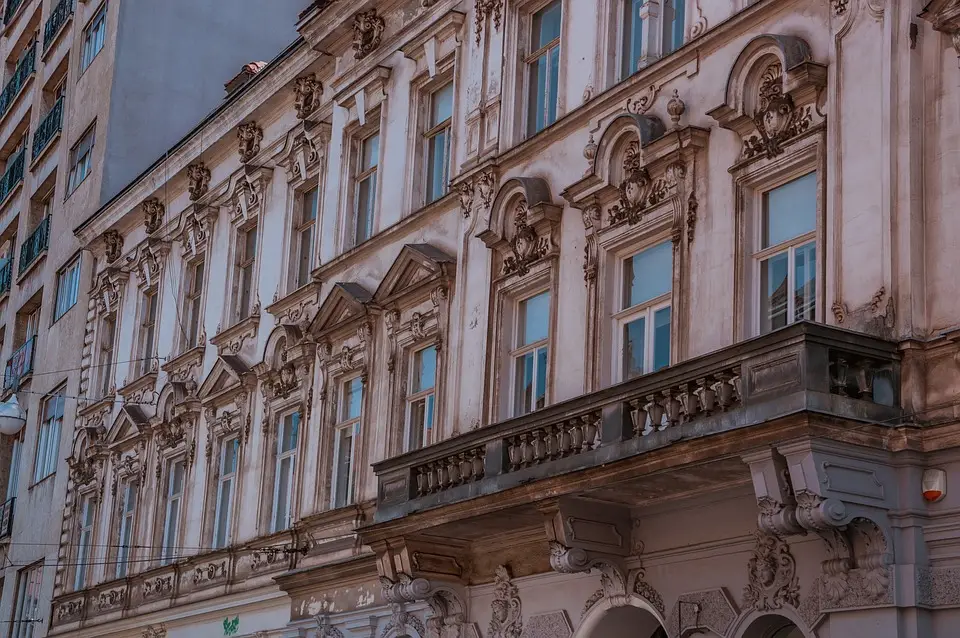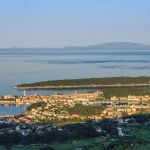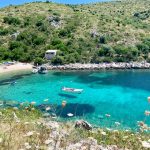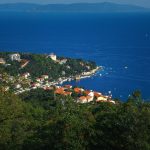As Poslovni Dnevnik writes, the price of Zagreb property is continuing to skyrocket. Despite this, apartments across the city are selling very well, moreover, they’re often bought in cash. With Croatia’s accession to the Eurozone back in January this year, the City of Zagreb, like the whole of Croatia, became more interesting for foreign buyers who want to invest their money in real estate.
Every other Zagreb property was paid for in cash, and every third buyer has been a foreign citizen. Their interest in Croatian real estate is the among the first reasons for the high prices we’ve seen of late, with inflation also affecting the situation.
Second come Croats living outside of Croatia who aren’t considered foreigners but domestic customers, third come the people who sold them that property and then again handle the cash and again that cash flows into Zagreb. Fourth are those people who have various sources of income, about which it’s better not to ask much,” said Sanjin Rastovac, a real estate agent for HRT.
Apartment prices across Zagreb have by risen by more than 15 percent in the last year. Residents of Germany, Austria and Slovenia buy the most Zagreb property of all, and these increased prices are also acceptable for them.
“Within Zagreb itself, finding a new build for three thousand euros has become a difficult task. The demand is still huge, but the supply is weak,” emphasised Rastovac. This is why there are more and more young people who, even with APN subsidies, cannot buy their first property. This new situation forced them to turn more and more to the outskirts of the city, where prices are now also rising steadily.
“Smaller towns dotted around Zagreb, for example Dugo Selo, Sesvete, Velika Gorica, and Zapresic, have now become very interesting for young families who can still manage to afford property in these areas,” said Jelena Kravoscanec Todorovic, a real estate agent.
In the City of Zagreb, they have a plan for so-called affordable housing where rent will be proportional to income, and quality apartments will be built and rented throughout the city. The first such apartment building will be built next year.
“It’s a new building, the fifth multi-apartment building in Podbrezje with 288 apartments that costs 320 million kuna, and we’re negotiating with development banks,” explained Luka Korlaet, Zagreb’s deputy mayor. This is exactly the model supported by the European Investment Bank at a recent meeting with the mayor, confirming that such a model is widely accepted across the rest of the European Union, where people across many member states are obviously struggling with the same problems.
For more, check out our news section.








